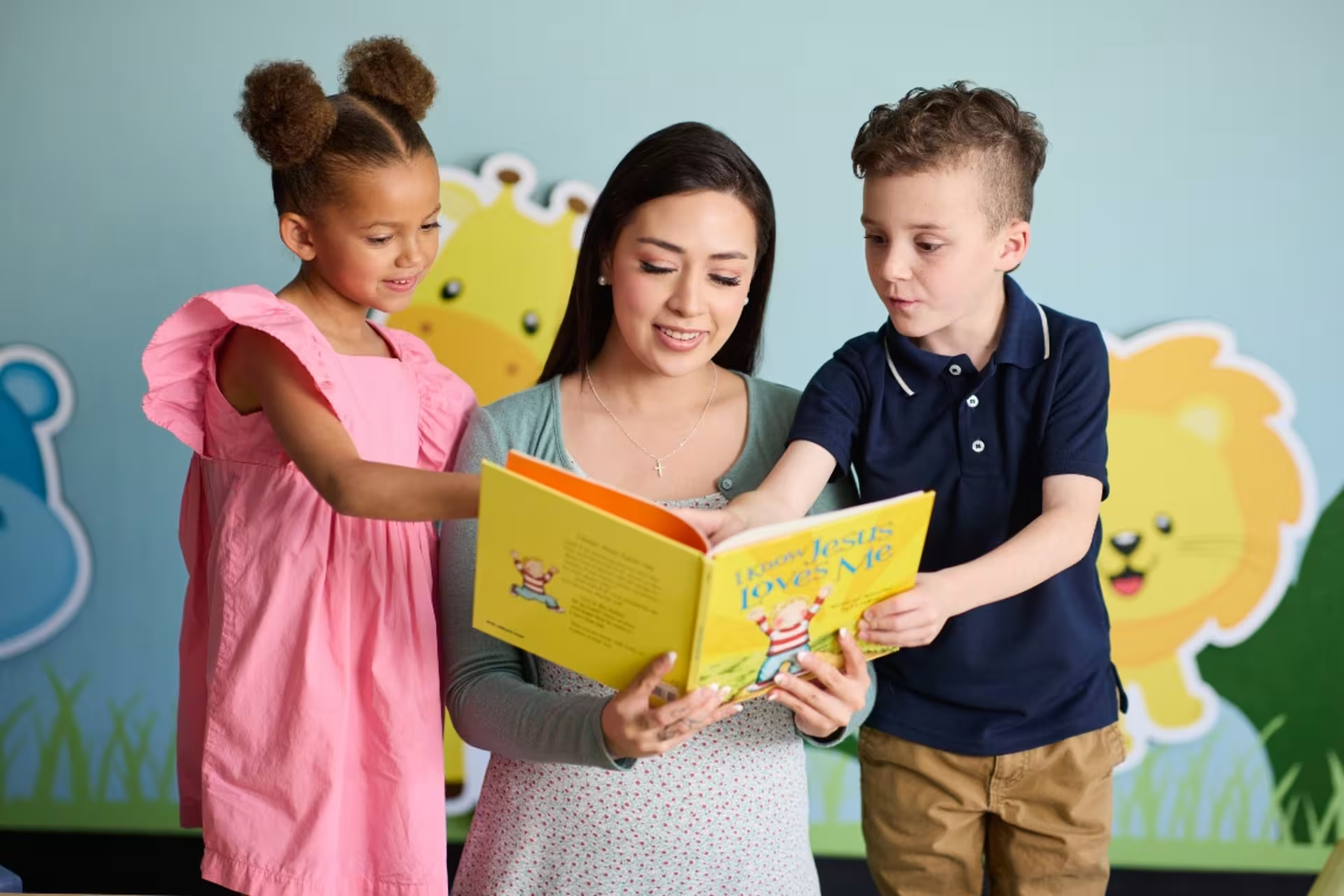


Grand Canyon University’s Bachelor of Science in Behavioral Health Science with an Emphasis in Infancy and Early Childhood Studies offers a comprehensive introduction to behavioral patterns and milestones in infant and toddler development. This program can equip students with key concepts and skills to support and advocate for young children with family systems and caregiving environments.

The online(See disclaimer 1) BS in behavioral health science infancy and early childhood studies degree can provide the ability to balance your education with personal and professional commitments. Throughout your studies you will have access to experienced faculty and student resources.
This degree can prepare you for career opportunities supporting young children and their families’ developmental and emotional needs. It can equip you with skills to address behavioral challenges and promote health development.
Graduates of this bachelor’s program may pursue career options in the public and private sectors, including positions in:
Behavioral health
Social services and government
Early intervention programs
Educational support services
In this program you will explore topics such as early childhood intervention, developmental milestones, parenting, attachment and the socio-emotional growth of young children. The program covers cognitive development in infancy, childhood trauma and resilience and emotional regulation, while examining neurodevelopmental disorders like autism spectrum disorder.
You’ll also be introduced to practical approaches like applied behavior analysis and behavioral interventions. Additionally, the behavioral health science infancy and early childhood studies curriculum emphasizes diversity in behavioral health, which can equip you to support children and families from various cultural backgrounds with empathy and informed care.

Each of the core classes, including the capstone project, uphold the following six academic domains specific to behavioral health science and early childhood studies:
Concepts of Behavioral Health
Behavioral Health Skills
Cultural Competency
Behavioral Health Information Technology
Professional Network
Infancy and Early Childhood Studies
Grand Canyon University is institutionally accredited by the Higher Learning Commission, a recognized body that upholds rigorous academic standards. This accreditation demonstrates GCU’s ongoing commitment to providing quality education and maintaining excellence.
If you are interested in learning more about infancy and early childhood studies and considering earning a Bachelor of Science in Behavioral Health Science, explore our answers to these frequently asked questions.
What is early childhood studies?
Is a degree in behavioral health science worth it?
Online: $485 per credit [More Info]
Up to 90 credits, only 84 can be lower division
Credits: Fill out the Lopes Eval to find out what will transfer
Admission Requirements (Bachelor's)
OR 2.5+ Unweighted GPA and
Admission requirements may differ based on degree level, program and modality, or transfer status. Some programs of study may require a higher GPA and/or other qualifying criteria for admission. Please review full admission and program requirements in the University Policy Handbook.
*Math and reading only on a 1600 point scale (test date after 3/1/2016). SAT score of 1380 required for 2400 point scale (test date before 3/1/2016).
New online and evening undergraduate psychology or behavioral health science students may be eligible for up to 32% off tuition scholarship.(See disclaimer †)
(See disclaimer †) MOU 10324: This scholarship is only valid for new student applicants who submit a complete application, meet all requirements for acceptance and start an online or evening Bachelor of Science in Psychology or Bachelor of Science in Behavioral Health Science beginning on or after Feb. 1, 2026. GCU will award eligible applicants a scholarship of 32% off tuition per course for your program. This scholarship cannot be used in conjunction with any other GCU scholarship/awards. This scholarship will be applied toward your tuition only, and you will not receive funds in excess of your charges.
Excluding residencies, practicums, internships and field experience.

Discover how a focus on infancy and early childhood studies can empower you to make a difference.